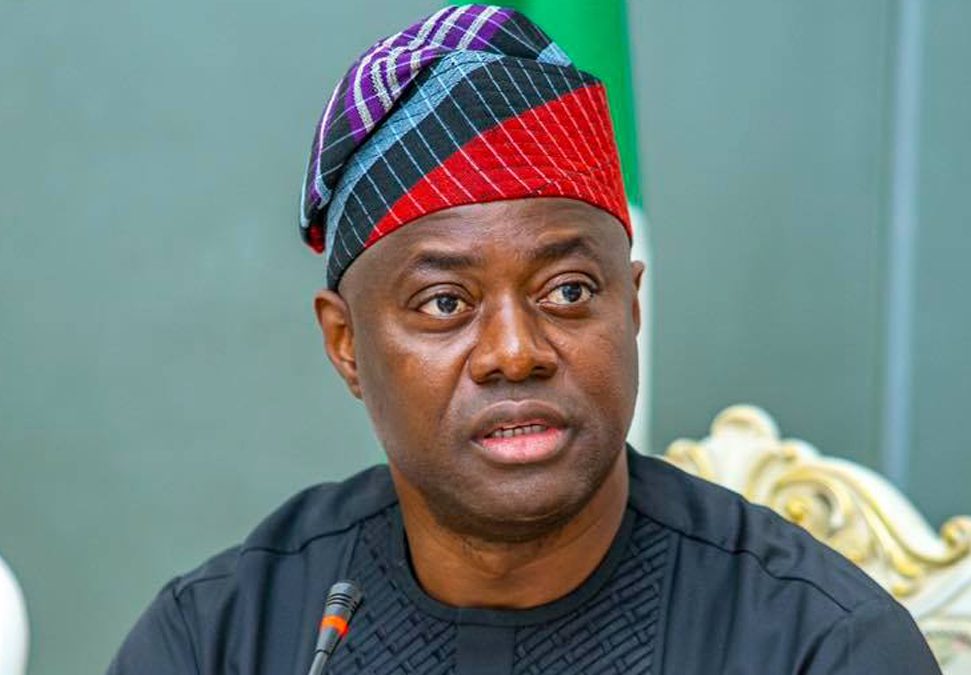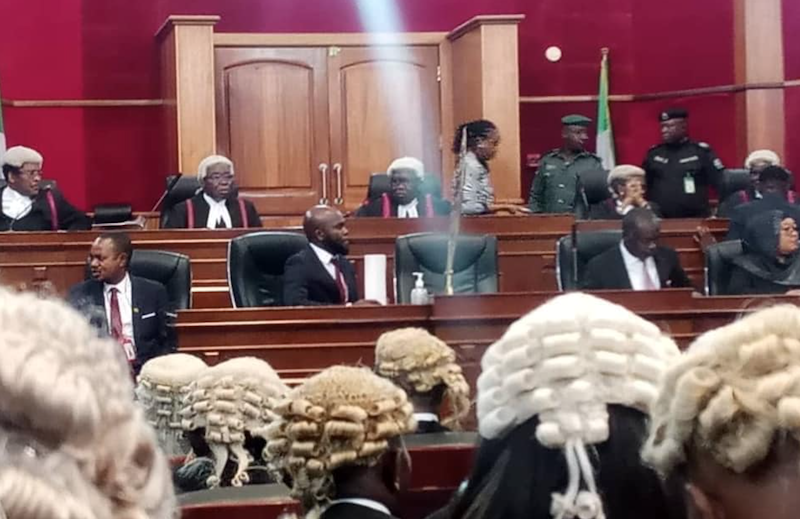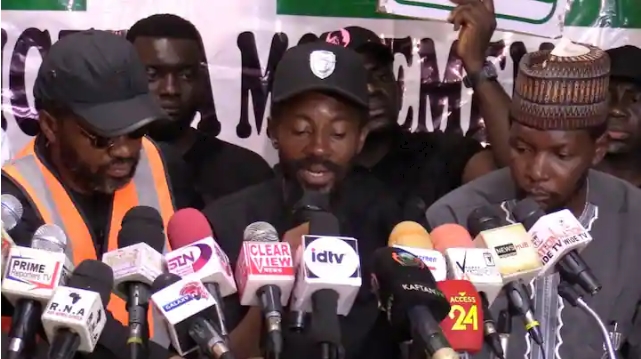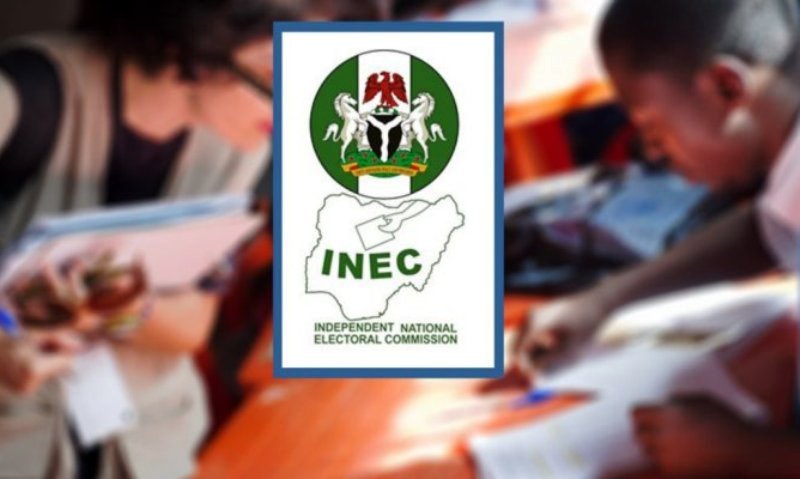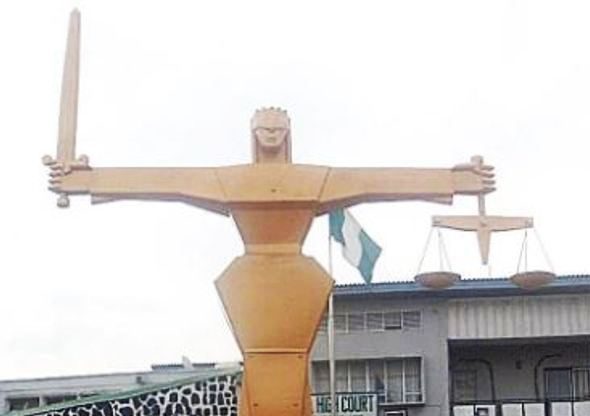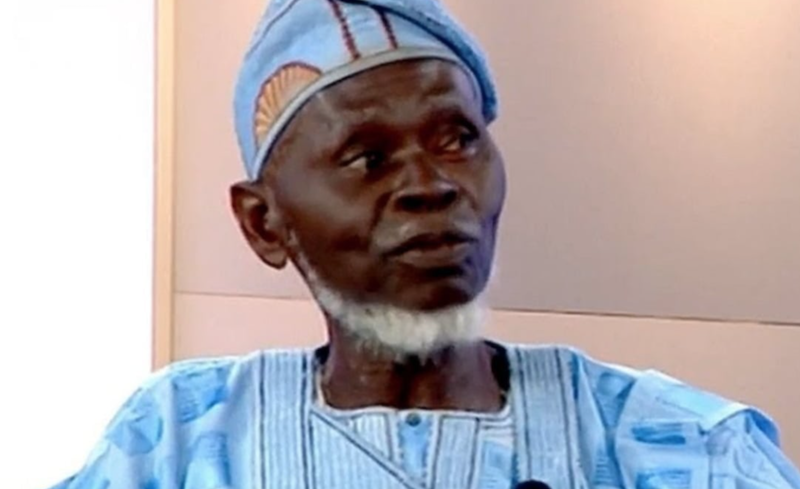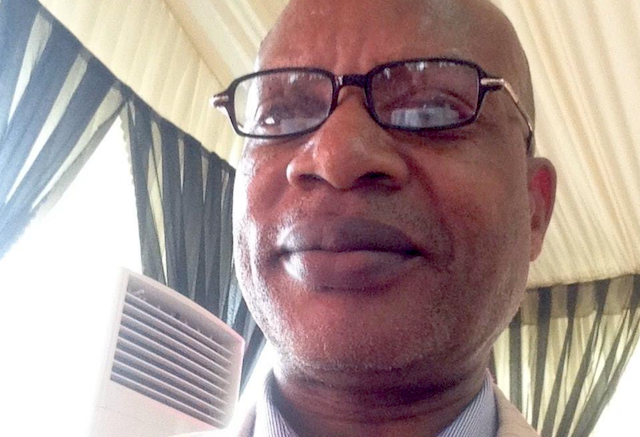The Governorship Election Petition Tribunal, sitting in Ibadan, the Oyo State capital, has upheld the re-election of Governor Seyi Makinde of the Peoples Democratic Party (PDP) in the state as declared by the Independent National Electoral Commission (INEC).
The governorship election was held on Saturday March 18 and the result was declared on Sunday March 19, 2023. Makinde polled a total of 563,617 votes to defeat his closest rival, Senator Teslim of the All Progressives Congress (APC), who scored 251,230 votes. Chief Adebayo Adelabu of the Accord came a distant third, polling 38,757. But Folarin and Adelabu did not file any petition against Makinde before the tribunal.
The tribunal in a unanimous ruling on Friday, read by Justice Ejiron Emudainohwo, and supported by Jutices Baraka Wali, and I.S. Galadima, dismissed the petition filed by the AA governorship candidate, Babatunde Ajala, and awarded a cost of N600,000 against him.
The tribunal awarded a cost of N100,000 in favour of INEC, and N250,000 each in favour of Governor Makinde and PDP. INEC had asked for a cost of N300,000, while counsel to Makinde asked for cost of N5million, and PDP also demanded a cost of N3million. But the petitioner’s counsel pleaded for forgiveness from senior legal counsel and the panel.
In the petition, INEC was the first responded, while Governor Seyi Makinde was the second respondent. The PDP was the third respondent. A legal luminary, Otunba Kunle Kalajaiye (SAN) held brief for Governor Makinde, while Mr. Isiaka Olagunju (SAN), was the counsel for PDP.
The lead counsel to Ajala, Mr. Etibo Orowo King, had withdrawn the case before the judgment was delivered, saying the petition was withdrawn in order not to disrupt the current peace in the state, saying: “It was not a judgment. It was a ruling on our application to withdraw our petition. We actually withdrew the petition in the interest of justice, peace and tranquility in Oyo State. This is why the panel dismissed our petition based on our application for withdrawal.”
Kalejaiye had told the panel before the judgment was read that it should reflect in their judgment that the Electoral Act should be amended to have a threshold that any candidate that did not score a particular number of votes should not be eligible to raise a petition against the winner of the poll. But the panel asked him during te hearing if the request would not infringe on the fundamental human rights of the candidates. And Kalajaiye said he said that to push for the amendment of the Electoral Act. But in the unanimous ruling, the panel said the request would be sent to the National Assembly.
The PDP counsel also supported the move for the amendment of the Electoral Act to reflect a threshold for eligibility to file petitions before election tribunals.
Speaking with journalists after the judgment, Kalejaiye said: “It was the final end of the petition brought by Action Alliance against the emergence of Governor Seyi Makinde in the March 18 election. The petition was essentially to ask for rerun of the election on the basis that the candidate that was cleared for the election was not the candidate that was filled for the candidate of that election and the petition was filed, and we have responded to the petition, only for us to come this morning and find out that the party and the candidates claimed that they have looked at the petition again and they are not sure that they will succeed and they brought an application to withdraw the petition.
“We are convinced that it was when they saw our response to the petition that they made up their minds on the unavailability of the petition because we attached our petition on 18 grounds and that comminated into what happened today. The tribunal has dismissed the petition and has awarded cost against Action Alliance (AA).
“But there is one thing that is very clear which I made to the tribunal. Candidates, and political parties, who performed abysmally in an election should not be allowed to come to court to waste judicial time. Where a political party only scored 387 votes, and challenged a person, who scored 563, 617 votes in all the 33 local governments, is a waste of judicial time.
“The electoral act needs to be amended to create a threshold that if you have not scored at least a quarter, or 25 per cent of all the total vote cast in a state, you should not come to the election tribunal. Three judges have left their jurisdictions to come and sit for a petition that is dead on arrival. So, only serious petitioners will have access to court. This is a call for the amendment of Electoral Act.”
